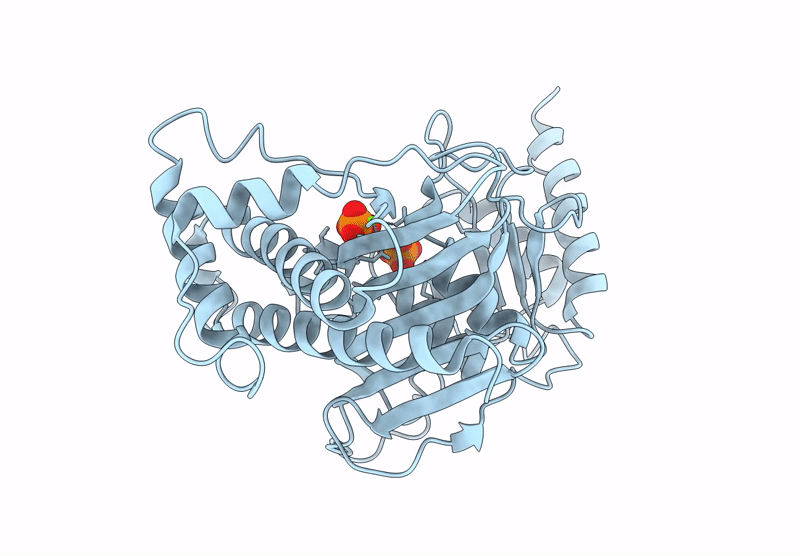
Deposition Date
2022-11-24
Release Date
2023-01-18
Last Version Date
2024-05-22
Entry Detail
Biological Source:
Source Organism(s):
Arabidopsis thaliana (Taxon ID: 3702)
Expression System(s):
Method Details:
Experimental Method:
Resolution:
2.60 Å
R-Value Free:
0.25
R-Value Work:
0.20
R-Value Observed:
0.21
Space Group:
P 61 2 2


